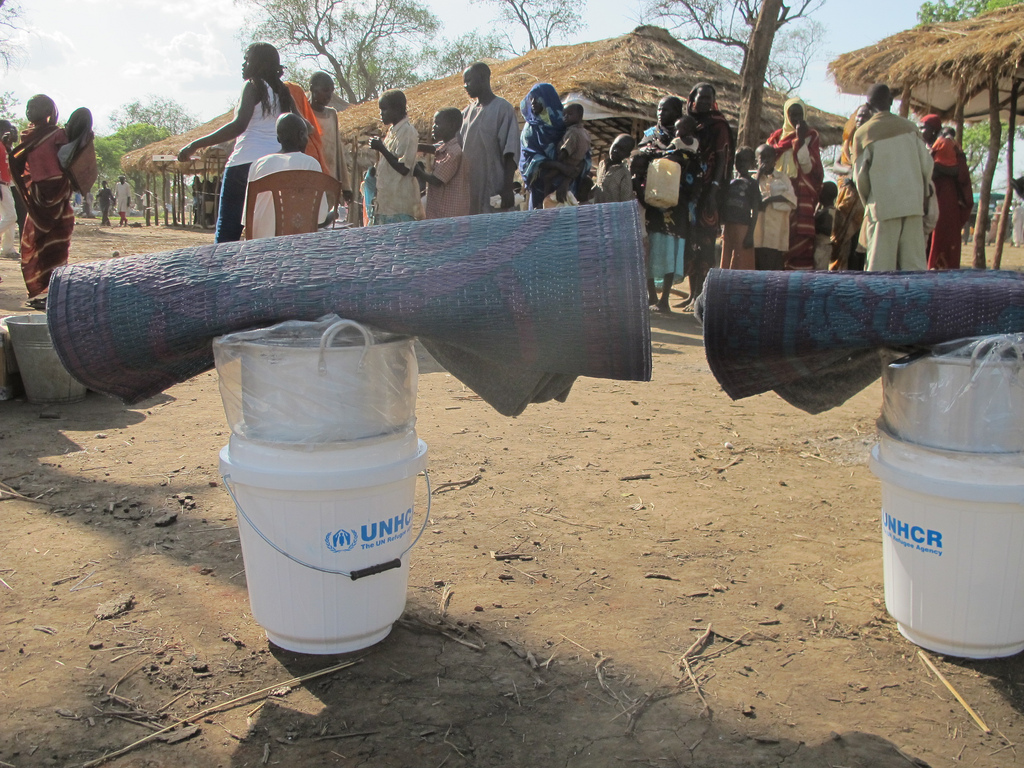
In recent months, a hepatitis E epidemic has spread to four refugee camps situated in Maban County along the border of Sudan and South Sudan. Nearly 113,000 Sudanese refugees live in these four crowded camps in Upper Nile State. Currently, South Sudan hosts over 190,000 refugees who have fled from the Sudanese government’s campaign of violence against civilians. Thus far, the hepatitis E outbreak has affected more than 7,287 refugees and resulted in 128 deaths.
The majority of cases were reported in the Yusif Batil refugee camp, a site hosting 37,500 refugees. The U.N. Refugee Agency asserts that nearly 64 percent of 6,500 reported cases of the disease in Upper Nile have occurred at the Yusif Batil refugee camp, including 94 deaths. Observers suggest that the disease outbreak was caused by the rapid growth of the camp's population and the contamination of water supplies, following an influx of refugees from Blue Nile State. The general absence of hygienic measures and shortage of latrines in the camps has pushed the disease from outbreak to epidemic in the past months.
Hepatitis E causes acute jaundice, and can lead to acute liver failure and death. There is no known cure for the disease, only preventative treatment. To prevent further transmission, aid workers in the refugee camps have expanded sanitation interventions by digging emergency latrines and distributing soap in an effort to encourage refugees to wash their hands after using the latrine and before cooking.
According to the U.N., many refugees are reportedly resorting to traditional herbal methods for treatment. This is particularly prevalent when refugees fail to see improvement in their condition after taking the prescription drugs provided by camp clinics. While community outreach coordinators cannot stop refugees from using herbal remedies–some of which cause vomiting that refugees believe purge impurities from the body–they have been able to create relationships with traditional healers and birth attendants who have agreed to encourage refugees to seek treatment at camp clinics.
“Hepatitis E is spread in similar ways to cholera, and this reinforces the need to do all we can to prevent cholera breaking out too,” said Paul Critchley, an emergency coordinator for Doctors without Borders in Maban County. In an attempt to curb the spread of cholera, a much deadlier disease, Doctors Without Borders preventatively vaccinated 105,000 refugees in four camps and 27,500 other residents of the area in February 2013.
The current epidemic is not only compounding the struggles of the displaced, but it is also adding weight to the burden carried by aid workers and NGOs in their efforts to reach those in need.
Photo: Basic items for latest arrivals from Blue Nile; Credit: Amanda Hsiao/ Enough Project

